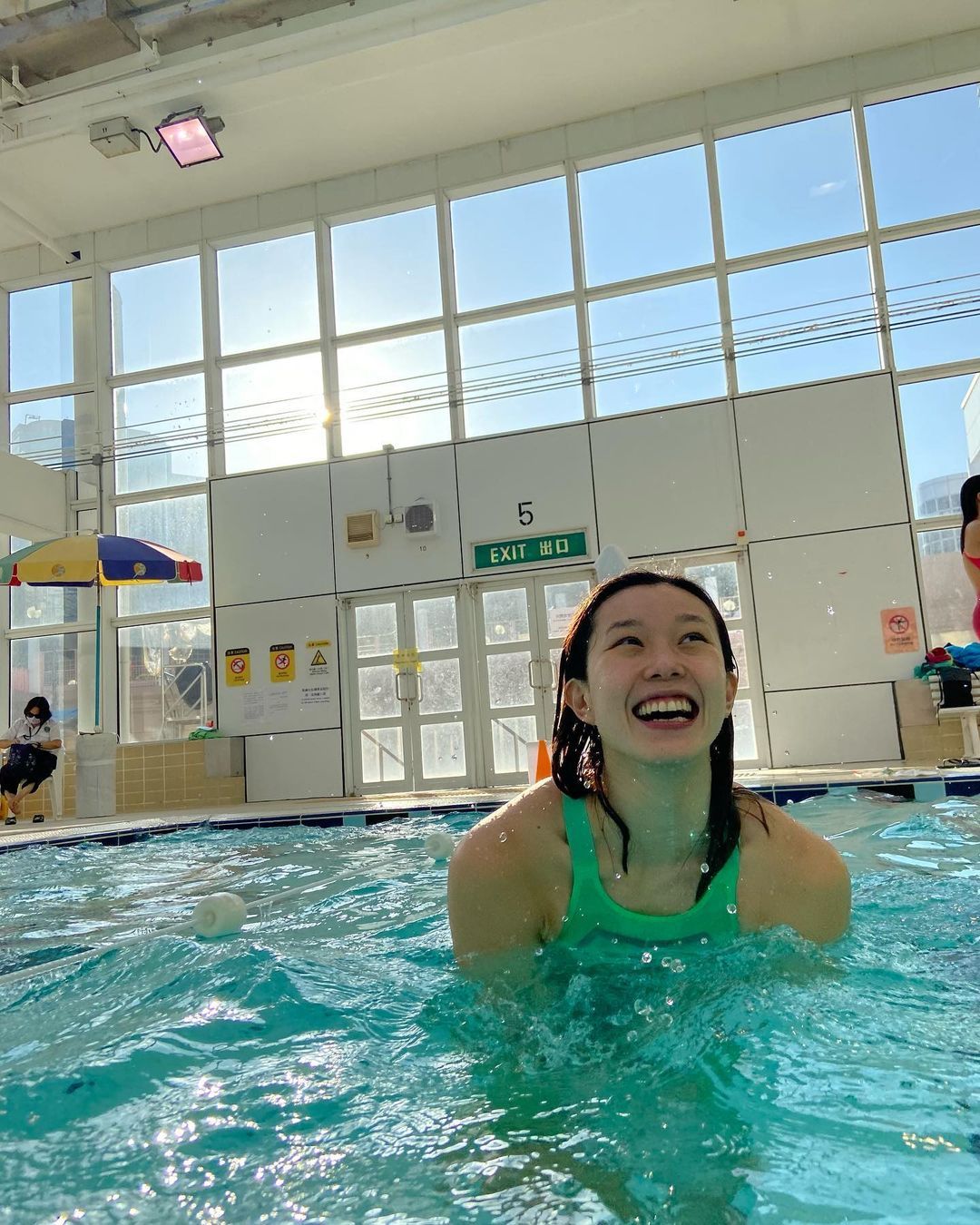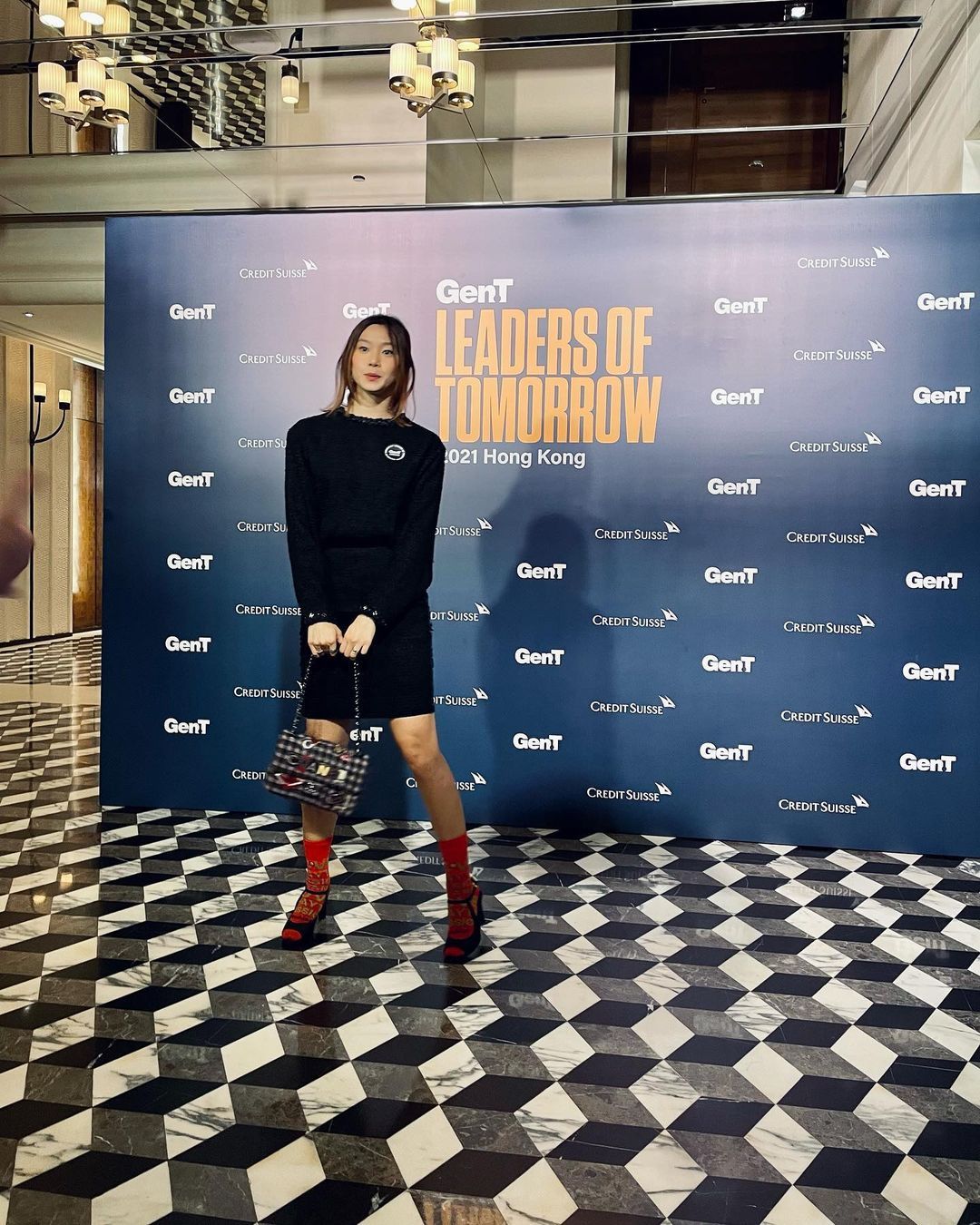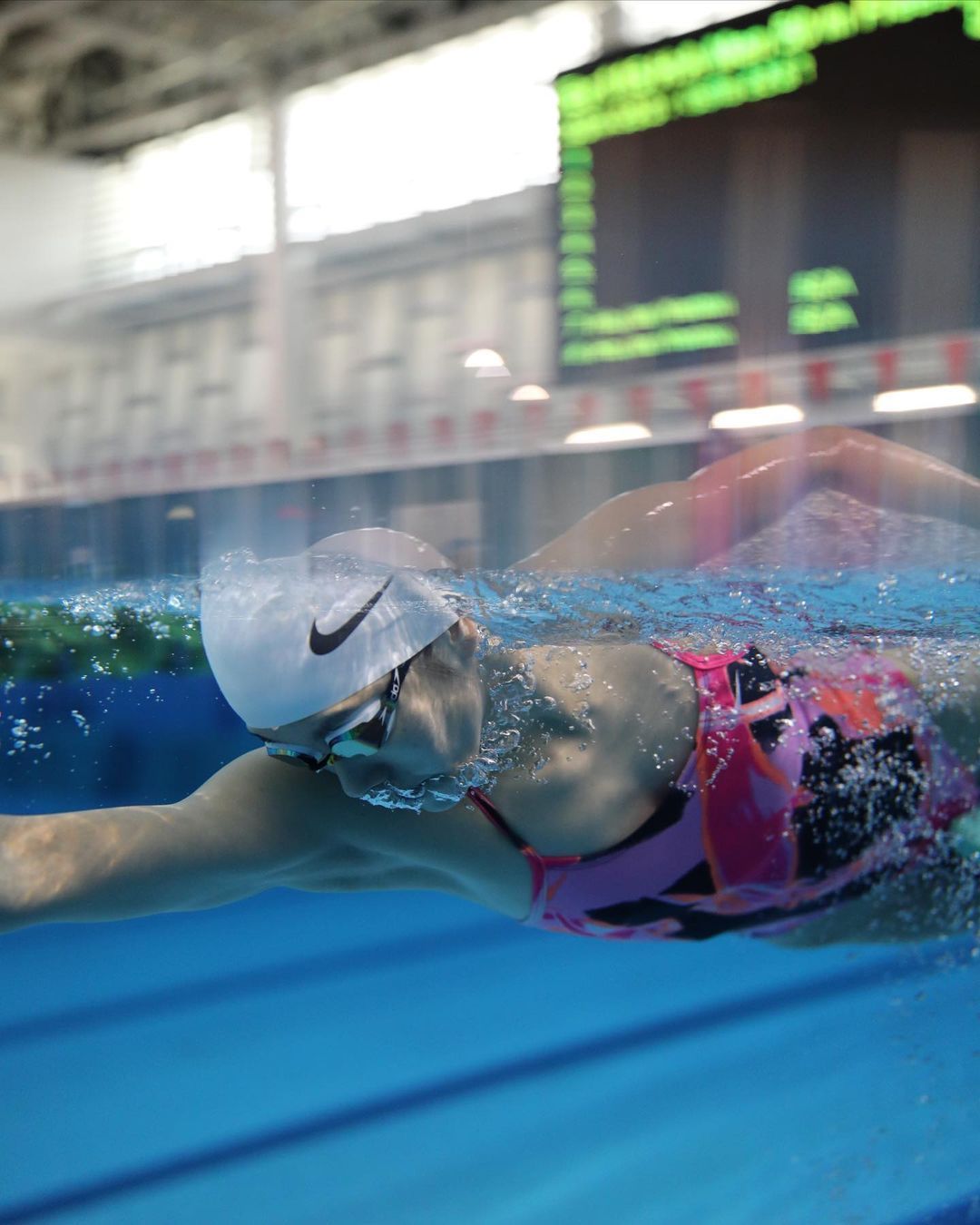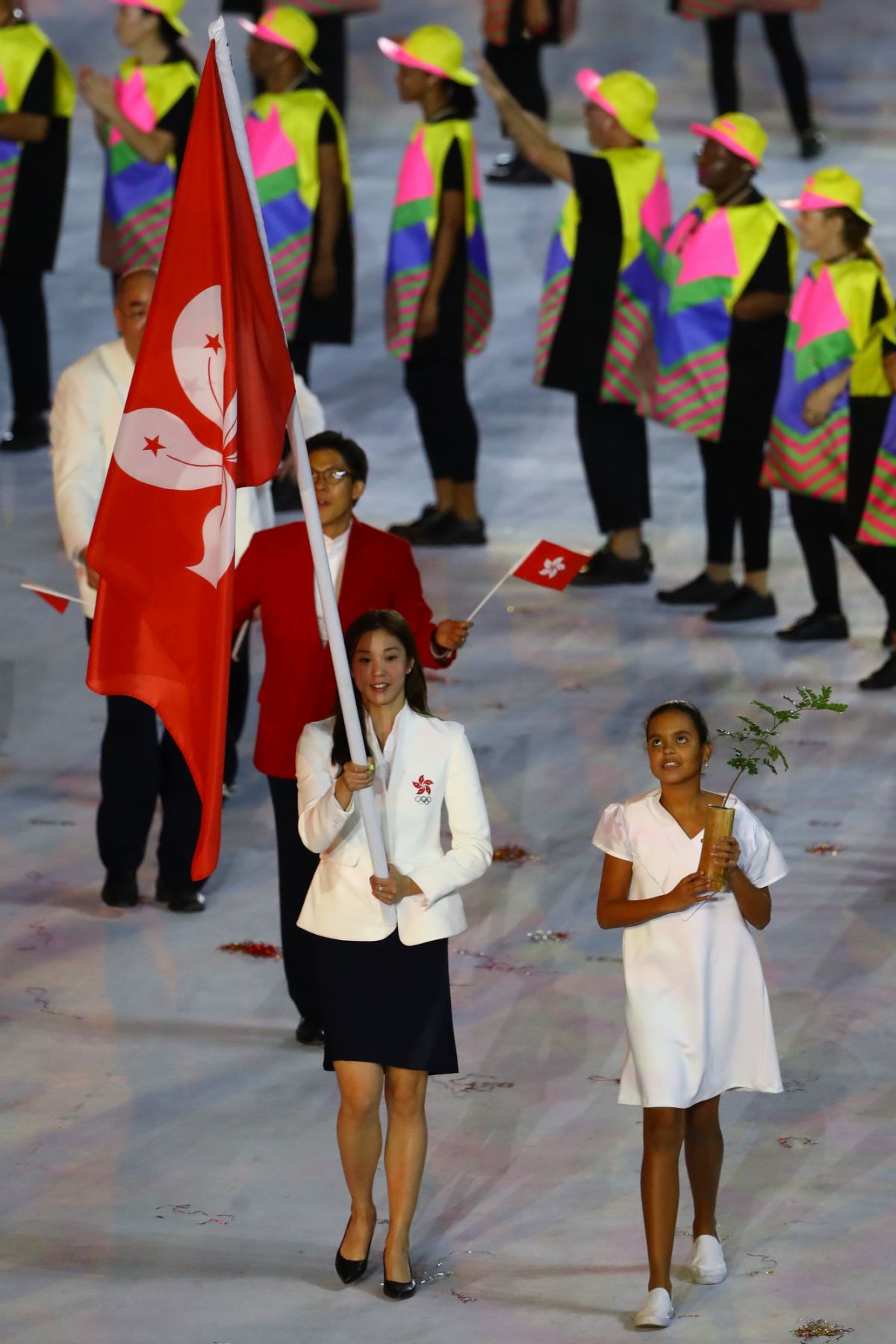In this exclusive interview with Tatler, Hong Kong Olympic swimmer, Stephanie Au gives us the lowdown on how she stays healthy both physically and mentally
Stephanie Au has achieved a feat no Hong Kong has done: represent the city in four Olympic games. The four-time Olympic swimmer is also the holder of Hong Kong national records, inspiring and paving the way for today’s generation of swimmers. A Gen.T honouree, Au first swam in the Olympics when she was just 16 years old and now at 29, competed again at the Tokyo Olympics.
With more than a decade in the pool, representing Hong Kong, Au knows what it means to be a champion. She also knows how important it is to make healthier lifestyle choices to tackle the pressure of being an athlete and of modern living. With this, she collaborated with Nespresso to co-create a plant-based coffee recipe that was exclusively available at Plantbase in Causeway Bay last month.
In an exclusive interview, Tatler sits down with the celebrated athlete to know more about the role coffee plays in her life as a champion and how she manages to stay healthy.
Don’t miss: 13 Asian Female Athletes Who Made History at Tokyo Olympics 2021


Tell us about your swimming journey.
Yes, it’s been a while. I started swimming when I was nine years old so it’s been 20 years. And I feel that I have achieved everything through swimming so it basically concludes my life so far. I’m happy with what I’ve done with swimming and outside of swimming. I’ve tried different things outside of the swimming world too and it definitely allowed people to see who I am too. But everything came from my success in swimming.
You started swimming at a young age. Was there a moment when you decided that you wanted to do this as a career?
I didn’t really just start swimming instead, I started training to become like Michael Phelps but really, no. (laughs) He definitely inspired me back in the 2008 Olympic Games, watching him right in front of me and winning all those gold medals. And at that moment, my life changed. The thought just came through me and I wondered if maybe one day, I can do the same thing. And that’s how I turned from just going through the motions in swimming to training more. I know that I have the potential so I thought, maybe it’s good for me to be accountable and to do it for myself so I became more motivated.
What lifestyle choices do you make to stay physically and mentally fit?
Besides coffee, I definitely try to live a simple life—if that makes sense. For instance, I have a very clean-cut friend list and I have a very tight, close friend group. I’m also the only daughter, the only child in my family so friends mean a lot to me. This way, I would be a lot more focused and loved. It’s almost in sync with an athlete’s life because it has to be very close as all we do is wake up, train, eat, sleep, train again, sleep then we eat and sleep again. It’s very routine and very clear cut. In terms of diet, there’s nothing specific because we swim and we burn calories. In general, we just eat as much as we can eat but in a cleaner way. That’s our slogan.
This sounds cheesy, but I think sports is definitely a very important element that you could get into. And it’s sustainable. It’s also because when you get older not a lot of sports would be suitable for your body. But swimming for example, without gravity, you can’t move and adjust your mobility and it just brings happiness and makes you feel at ease. For me, it’s so handy—doing a sport and feeling happy. As much effort as you put in, you get the same amount of happiness. You don’t get that ratio in a lot of places, but in sports you do.
You’re the first athlete to represent Hong Kong four times in the Olympics. Which one is the most memorable?
I really can’t say which one. Each is so different and I value them just the same because it’s the Olympics so I don’t want to pick. For the first one, I did great. I think I did the best out of the four in my first one. But the second one, I underperformed because I realised how hard it is to make to actually make it to the Olympics. There was so much pressure and you can last get lost. And the third one—2016 was definitely a turning point in my life. And 2020, we’re in Tokyo and it was memorable. It’s just hard to decide.
Don’t miss: Tokyo Olympics 2020: The Best Moments From the Games



